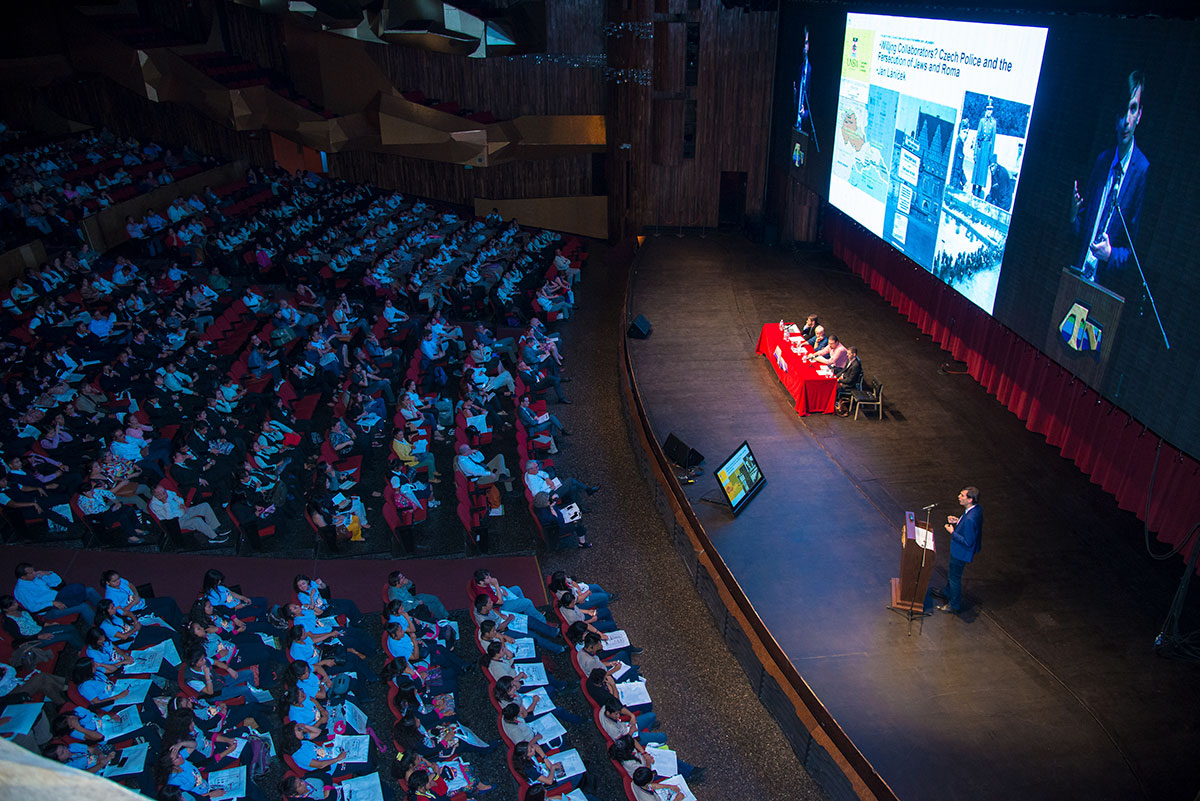The Jack, Joseph and Morton Mandel Center for Advanced Holocaust Studies’ Emerging Scholars Program helps promising young scholars who are writing their dissertations or working on postdoctoral projects to publish their first books. The Mandel Center also publishes, in association with academic presses, a variety of books relating to Holocaust and genocide studies.
The US Holocaust Memorial Museum’s Jack, Joseph, and Morton Mandel Center’s mission is to ensure the long-term growth and vitality of Holocaust Studies. To do that, it is essential to provide opportunities for new generations of scholars. The vitality and the integrity of Holocaust Studies requires openness, independence, and free inquiry so that new ideas are generated and tested through peer review and public debate. The opinions of scholars expressed before, during the course of, or after their activities with the Mandel Center are their own and do not represent and are not endorsed by the Museum or its Mandel Center.
Supporting Young Scholars
A successful publication can determine the trajectory of a scholar’s career. But young scholars can face many obstacles, including a lack of familiarity with the publishing process and fierce competition due to economic constraints on academic presses. In the “publish or perish” world of academia, the Emerging Scholars Program is the only program—nationally or internationally—that provides the indispensable mentoring, academic, and financial support to enable young Holocaust scholars to attain their career goals.
Shaping How the Holocaust is Understood and Taught
These early-career scholars will play critical roles at colleges and universities and help determine how the public will understand and teach the Holocaust in the coming decades. They will mentor generations of students and scholars, educating them about the ethical issues raised by the Holocaust, the dangers of antisemitism and Holocaust denial, and the questions we must ask about individual and social responsibility in a free society.
Recent Publications
Since its founding in late 2009, the Emerging Scholars Program has worked closely with more than 70 young scholars, helping them write strong publication proposals, refine sample chapters, and identify the best editors and publishers for their manuscripts. Many of these scholars have received book contracts or have proposals under consideration by highly respected academic presses.
Recent publications include:
-
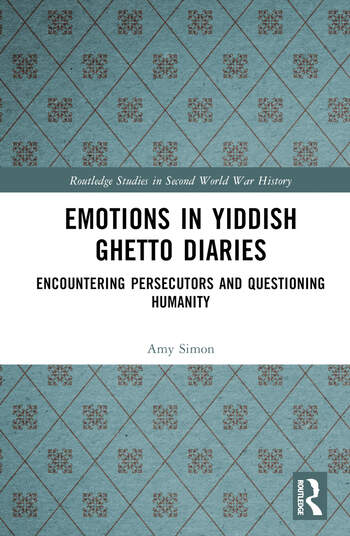
Emotions in Yiddish Ghetto Diaries: Encountering Persecutors and Questioning Humanity
(New York: Routledge, June 2023)
Amy Simon, 2008–2009 Leon Milman Fellow
(Ph.D. Indiana University) -
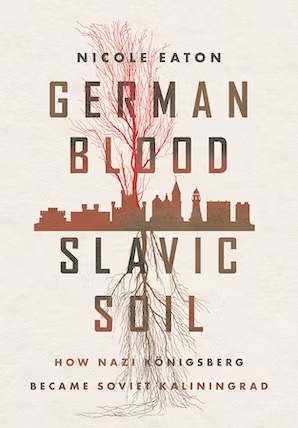
German Blood, Slavic Soil: How Nazi Königsberg Became Soviet Kaliningrad
(Ithaca, NY: Cornell University Press, April 2023)
Nicole Eaton, 2012–2013 Cummings Foundation Fellowship
(Ph.D. University of California at Berkeley) -
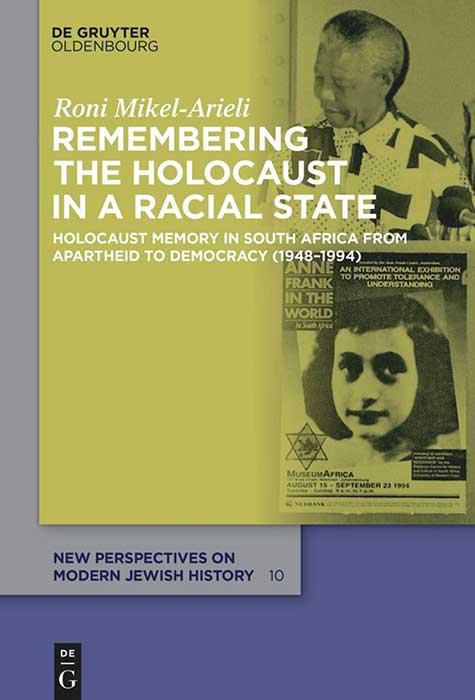
Remembering the Holocaust in a Racial State: Holocaust Memory in South Africa from Apartheid to Democracy (1948-1994)
(Berlin/Boston: Walter de Gruyter, July 2022)
Roni Mikel-Arieli, 2019–2020 Phyllis Greenberg Heideman and Richard D. Heideman Fellow
(PhD Hebrew University, Jerusalem) -
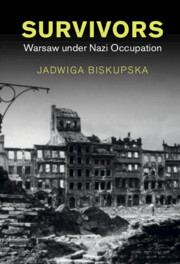
Survivors: Warsaw under Nazi Occupation
(New York: Cambridge University Press, January 2022)
Jadwiga Biskupska, 2014-2015 Stephen B. Barry Memorial Fellow
(PhD Yale University) -
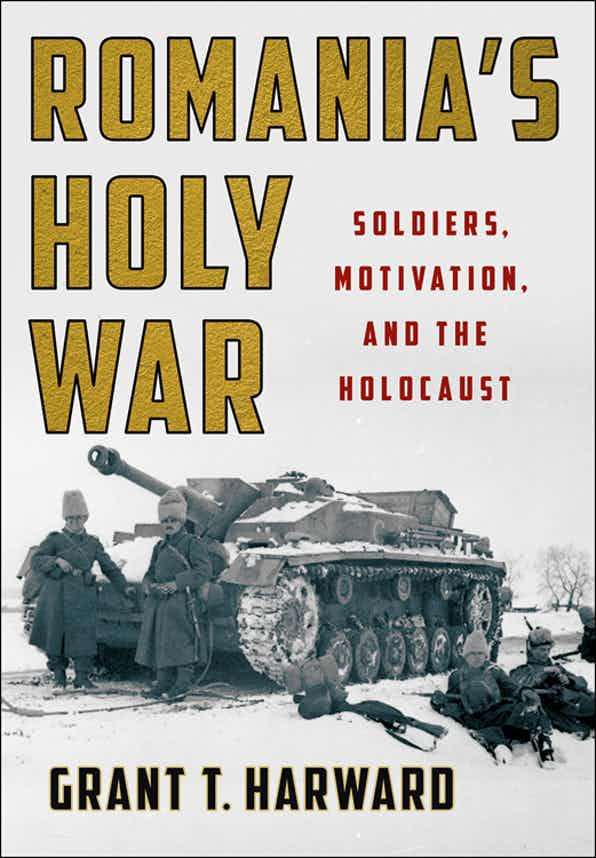
Romania’s Holy War: Soldiers, Motivation, and the Holocaust
(Ithaca, NY: Cornell University Press, November 2021)
Grant Harward, 2016-2017 Norman Raab Foundation Fellow
(PhD Texas A&M) -

Nazis of Copley Square: The Forgotten Story of the Christian Front
(Cambridge, MA: Harvard University Press, September 2021)
Charles R. Gallagher, 2016-2017 William J. Lowenberg Memorial Fellowship on America, the Holocaust, and the Jews
(PhD Marquette University) -
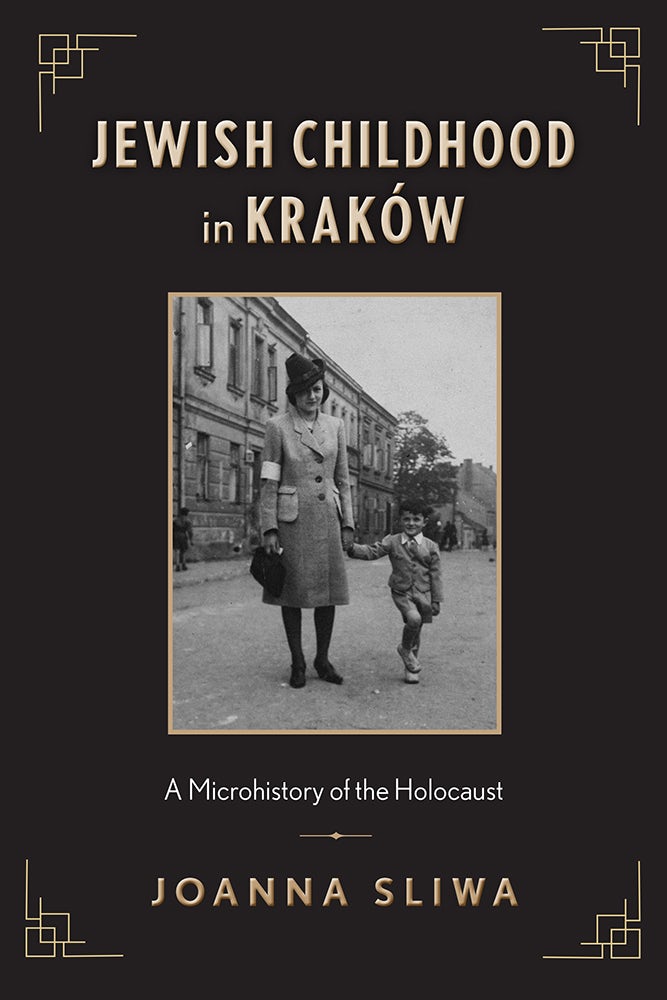
Jewish Childhood in Kraków: A Microhistory of the Holocaust
(New Brunswick, NJ: Rutgers University Press, September 2021)
Named as co-winner of the 2020 Wiener Library Fraenkel Book Prize
Joanna Sliwa, 2011-2012 David and Fela Shapell Fellow
(PhD Clark University) -
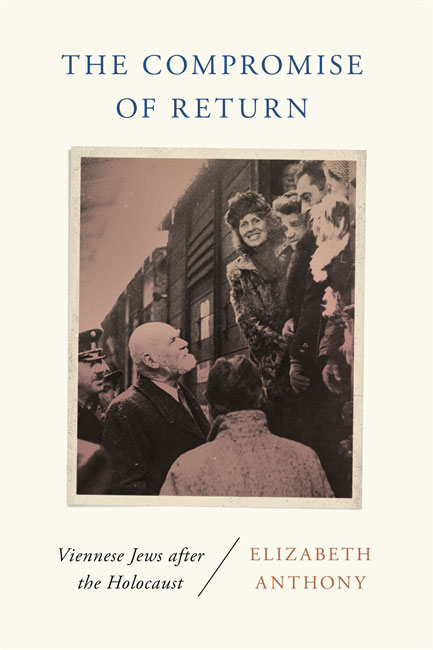
The Compromise of Return: Viennese Jews after the Holocaust
(Detroit, Michigan: Wayne State University Press, Published in Association with the United States Holocaust Memorial Museum, May 2021)
Named as Finalist of the 2020 Wiener Library Fraenkel Book Prize
Betsy Anthony, 2010–2011 Barbara and Richard Rosenberg Fellow
(PhD Clark University) -
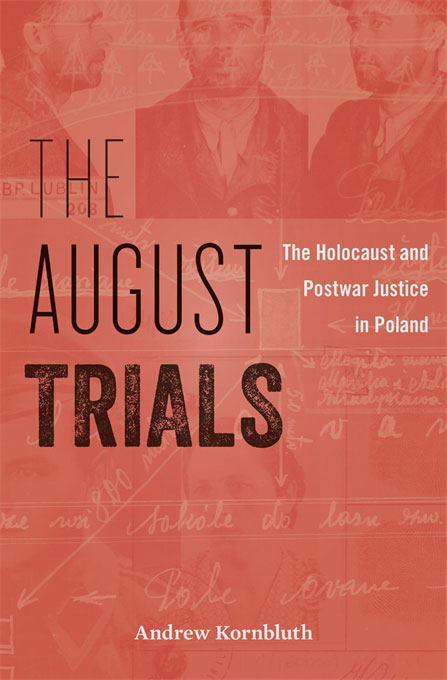
The August Trials: The Holocaust and Postwar Justice in Poland
(Cambridge, Massachusetts: Harvard University Press, March 2021)
Named as co-winner of the 2020 Wiener Library Fraenkel Book Prize
Andrew Kornbluth, 2012–2013 Takiff Family Foundation Fellow
(PhD Berkeley) -
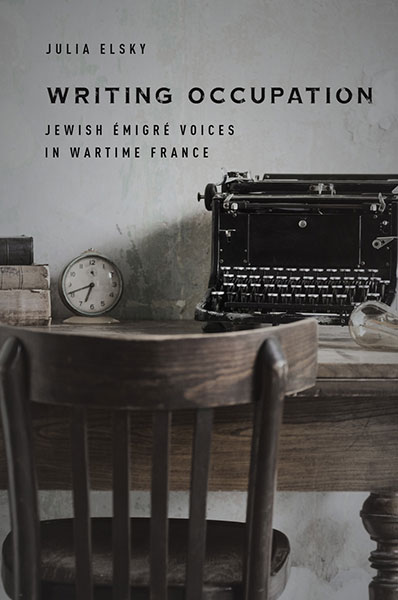
Writing Occupation: Jewish Émigré Voices in Wartime France
(Redwood City, California: Stanford University Press, Published in Association with the United States Holocaust Memorial Museum, December 2020)
Julia Elsky, 2019-2020 Sosland Fellow
(PhD Yale University) -
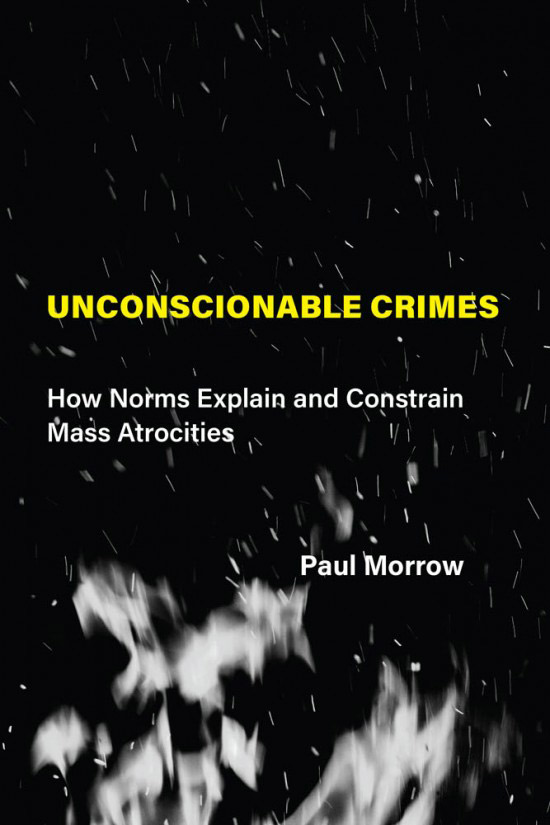
Unconscionable Crimes: How Norms Help Explain and Constrain Mass Atrocity
(Cambridge, Massachusetts: MIT Press, October 2020)
Paul Morrow, 2012–2013 Raab Foundation Fellow
(PhD, Vanderbilt University) -
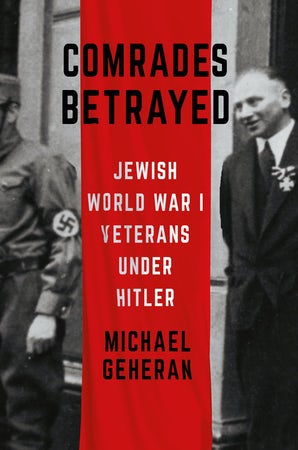
Comrades Betrayed: Jewish World War I Veterans under Hitler
(Ithaca, New York: Cornell University Press, October 2020)
Michael Geheran, 2012–2013 Dennis and Susan R. Shapiro Fellow
(PhD, Clark University) -
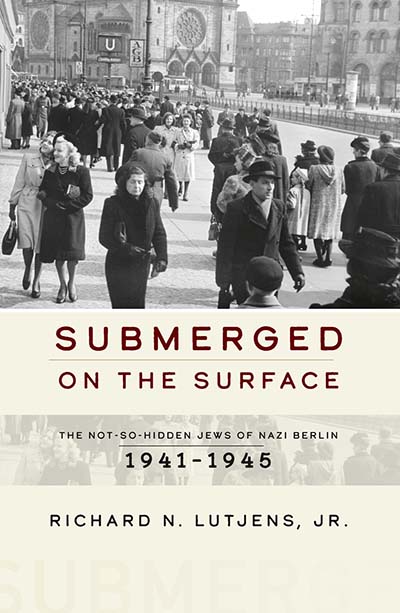
Submerged on the Surface: The Not-So-Hidden Jews of Nazi Berlin, 1941-1945
(New York: Berghahn Books, September 2019)
Richard Lutjens, 2010–2011 Takiff Family Foundation Fellow
(Ph.D. Northwestern University) -
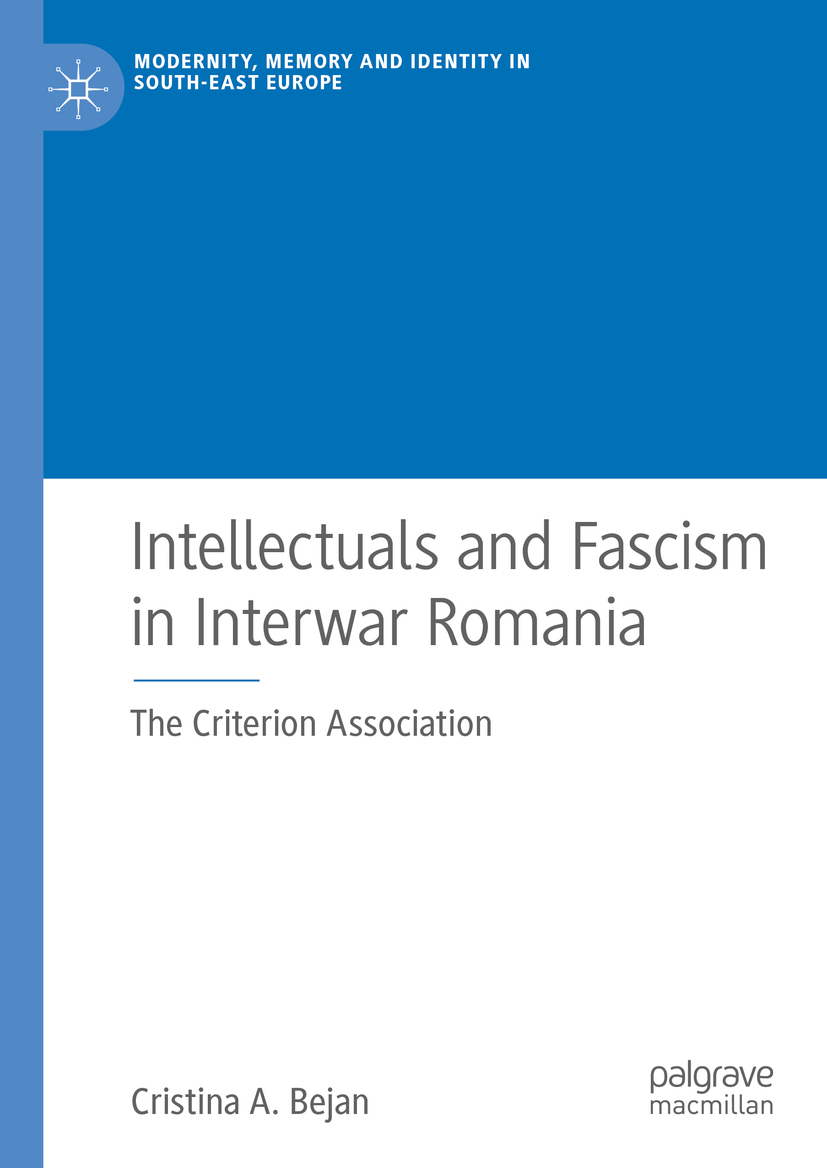
Intellectuals and Fascism in Interwar Romania: The Criterion Association
(New York: Palgrave Macmillan, August 2019)
Cristina Bejan, 2008–2009 Yetta and Jacob Gelman Fellow
(Ph.D., University of Oxford) -
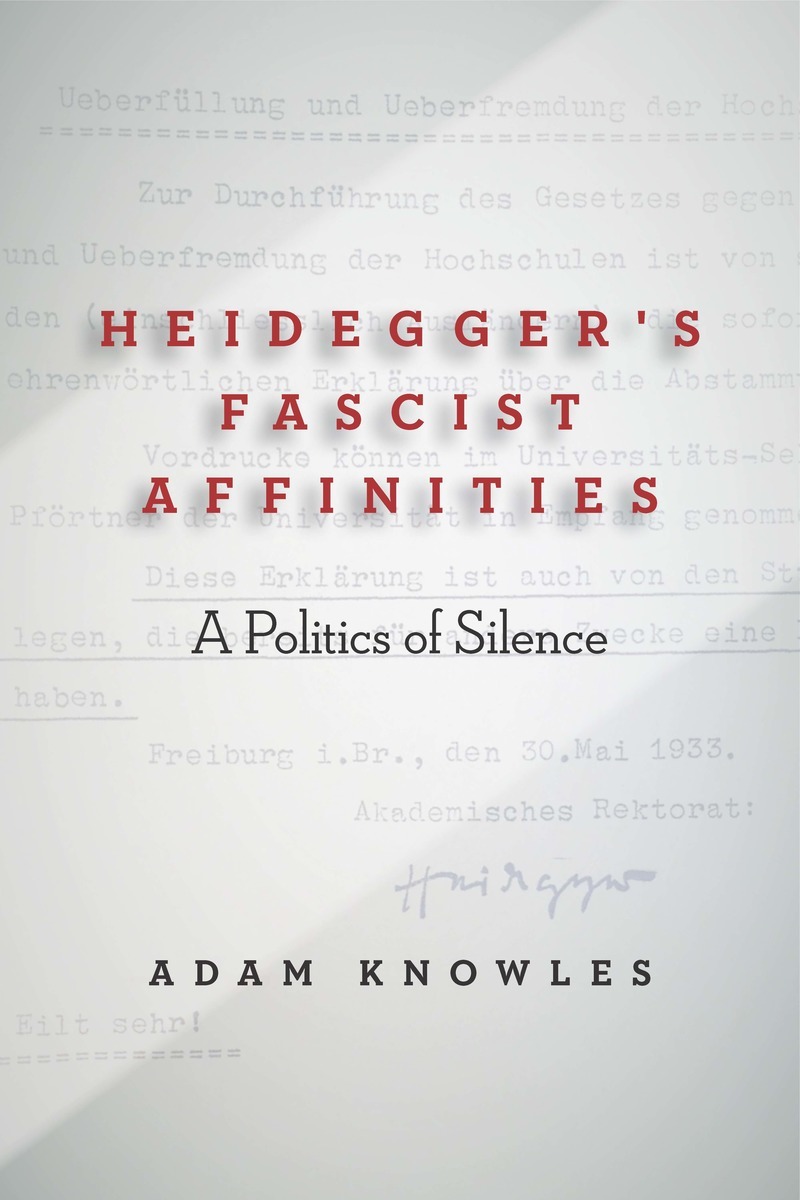
Heidegger’s Fascist Affinities: A Politics of Silence
(Redwood City, California: Stanford University Press, March 2019)
Adam Knowles, 2017–2018 Judith B. and Burton P. Resnick Postdoctoral Fellow
(Ph.D., New School for Social Research) -
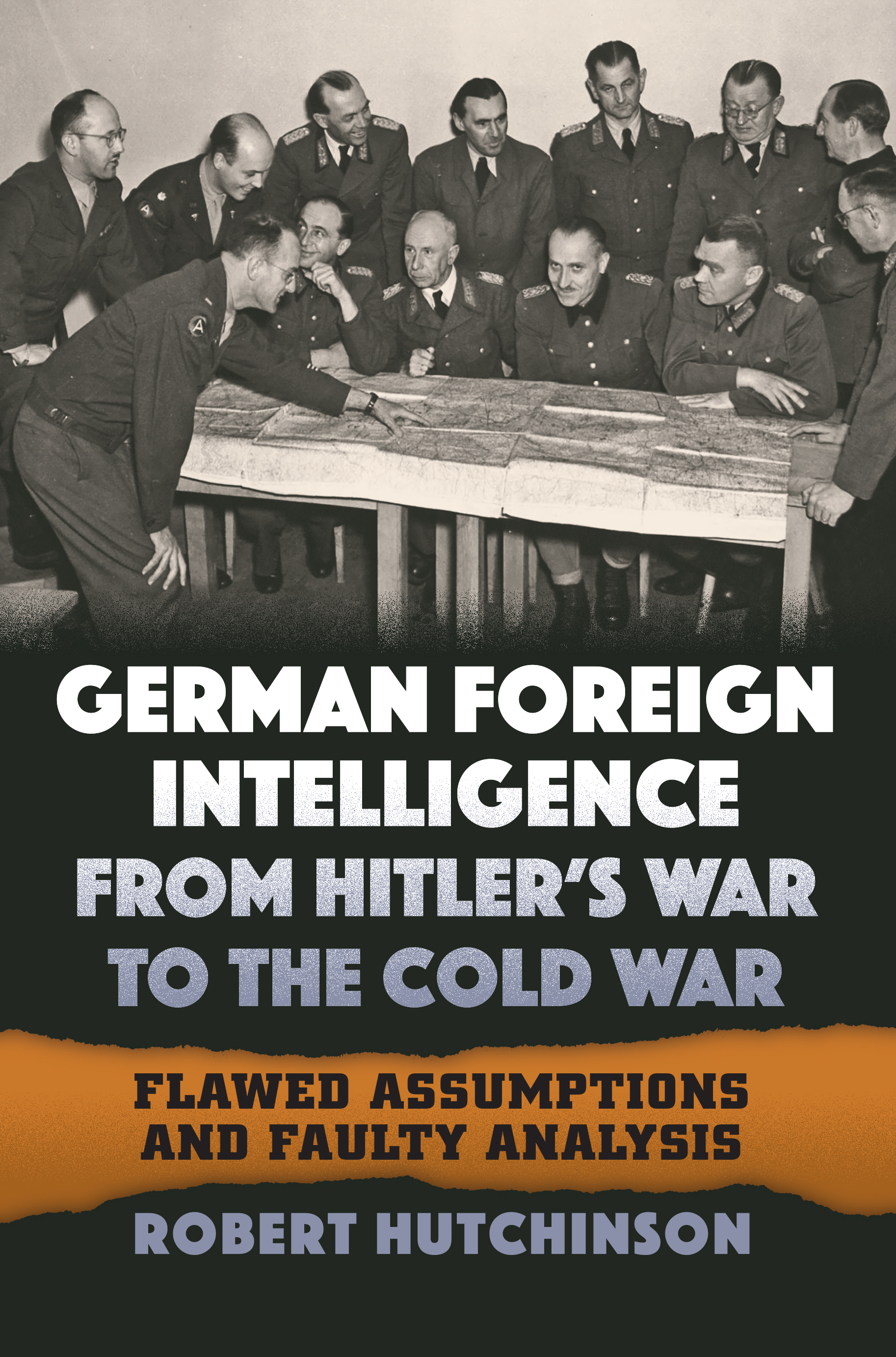
German Foreign Intelligence from Hitler’s War to the Cold War: Flawed Assumptions and Faulty Analysis
(Lawrence: University Press of Kansas, January 2019)
Robert Hutchinson, 2012–2013 Norman Raab Foundation Fellow
(Ph.D., University of Maryland) -
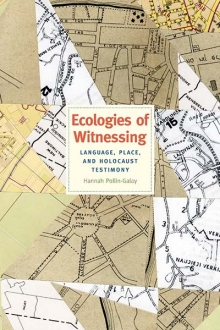
Ecologies of Witnessing: Language, Place, and Holocaust Testimony
(New Haven, Connecticut: Yale University Press, July 2018)
Hannah Pollin-Galay, 2015–2016 Phyllis Greenberg Heideman and Richard D. Heideman Fellow
PhD, Tel Aviv University -
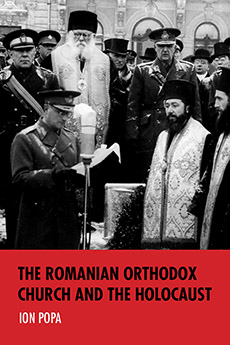
The Romanian Orthodox Church and the Holocaust
(Bloomington: Indiana University Press, October 2017)
Ion Popa, 2012–2013 Ausnit Fellow
PhD, University of ManchesterCo-winner 2018 Yad Vashem International Book Prize for Holocaust Research
-
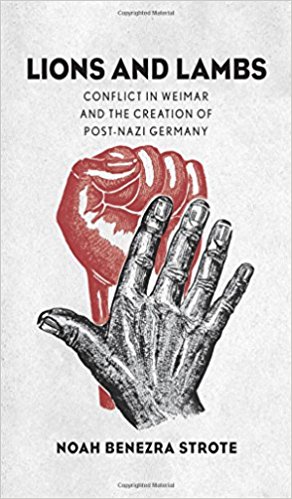
Lions and Lambs: Conflict in Weimar and the Creation of Post-Nazi Germany
(New Haven, Connecticut: Yale University Press, May 2017)
Noah Strote, 2013–2014 Raab Foundation Fellow
PhD, University of California at Berkeley -
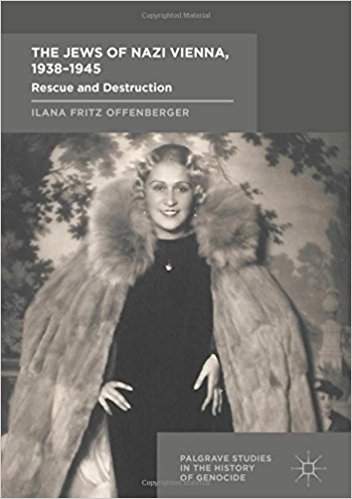
The Jews of Nazi Vienna, 1938–1945: Rescue and Destruction
(New York: Palgrave Macmillan, May 2017)
Ilana Offenberger, 2005–2006 Center for Advanced Holocaust Studies Fellow
PhD, Clark University -
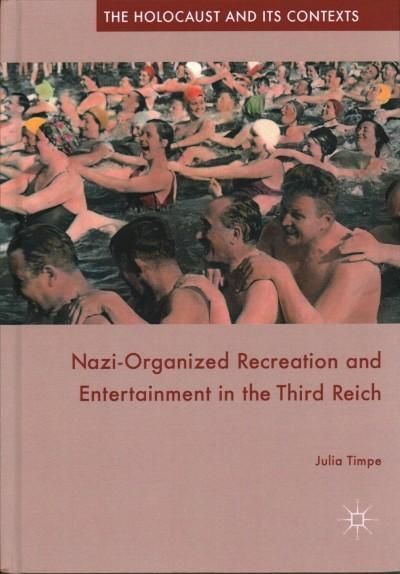
Nazi-Organized Recreation and Entertainment in the Third Reich
(New York and London: Palgrave Macmillan, May 2017)
Julia Timpe, 2013–2014 Judith B. and Burton P. Resnick Postdoctoral Fellow
PhD, Brown University -
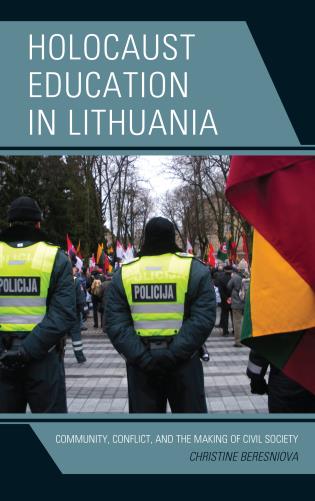
Holocaust Education in Lithuania: Community, Conflict, and the Making of Civil Society
(Lanham, Maryland: Lexington Books, March 2017)
Christine Beresniova, 2014–2015 Takiff Foundation Fellow
PhD, Indiana University

